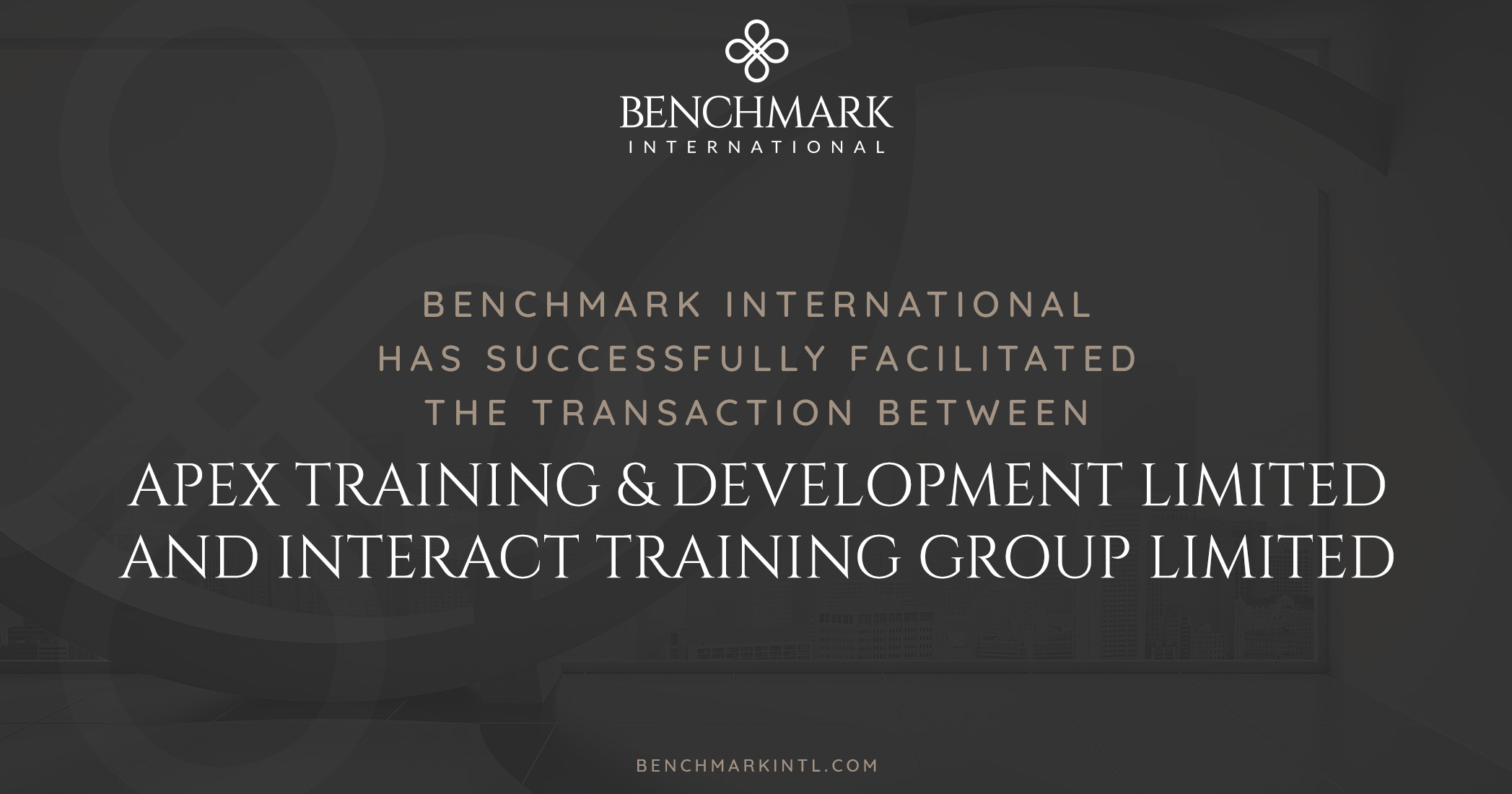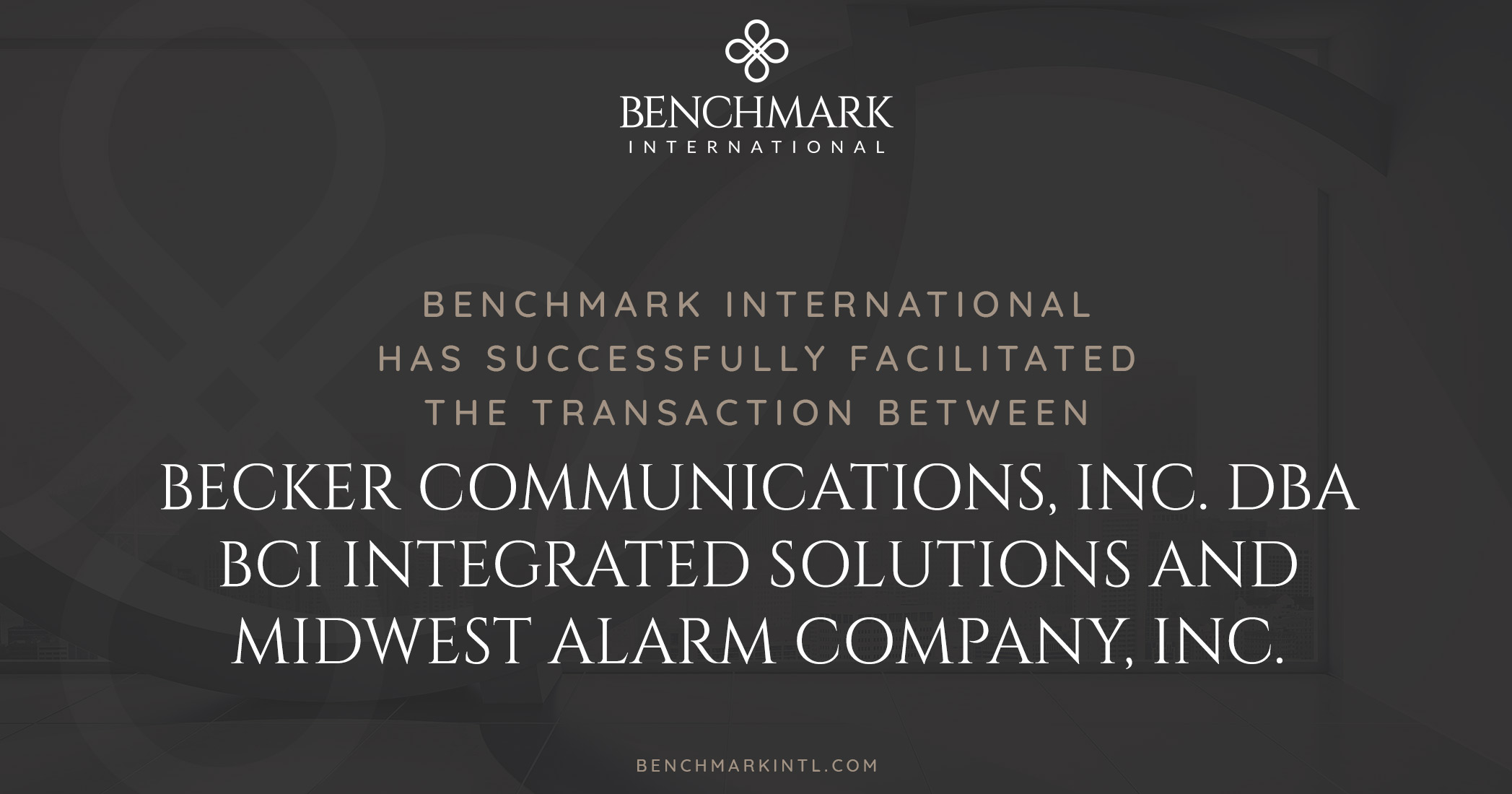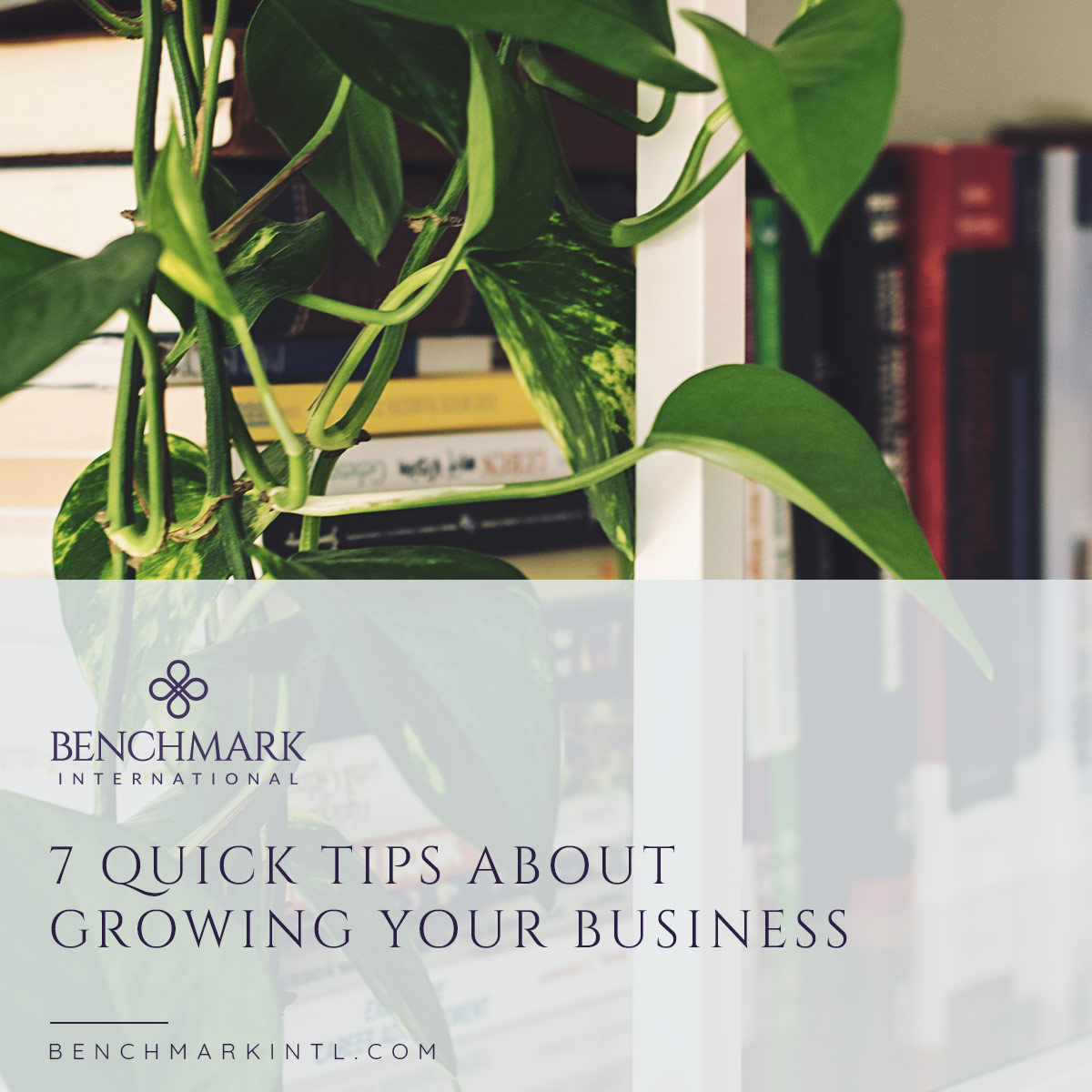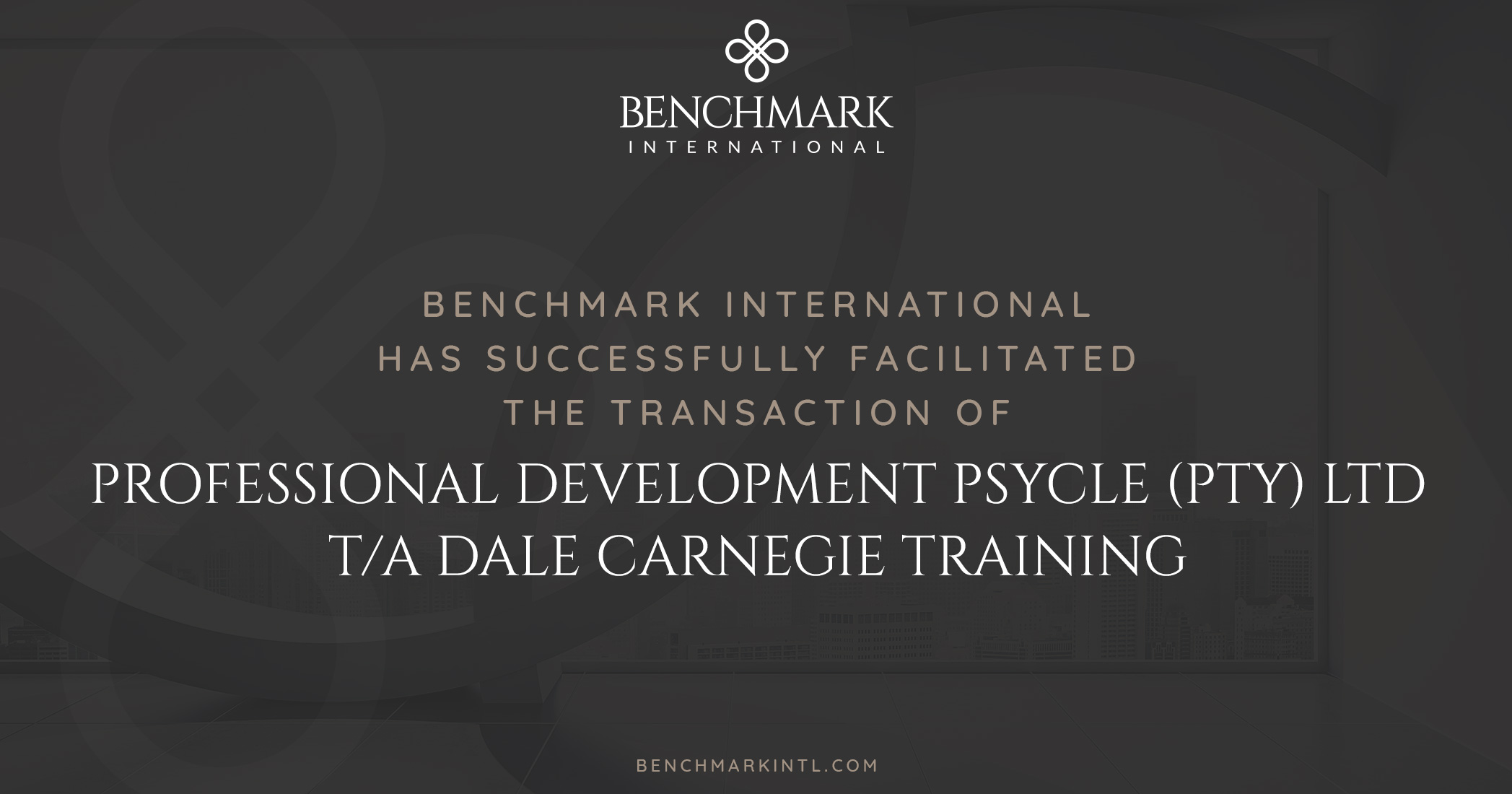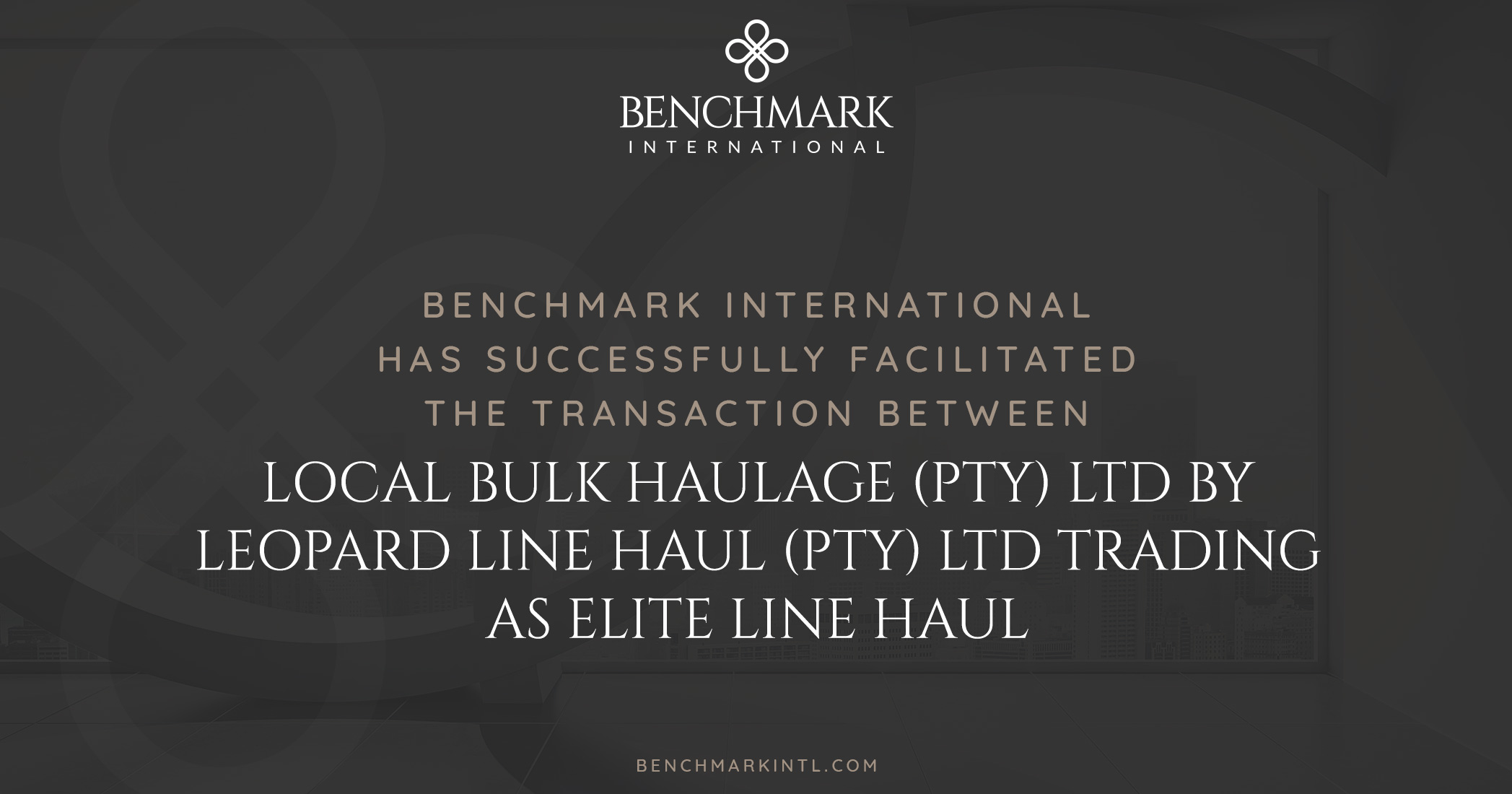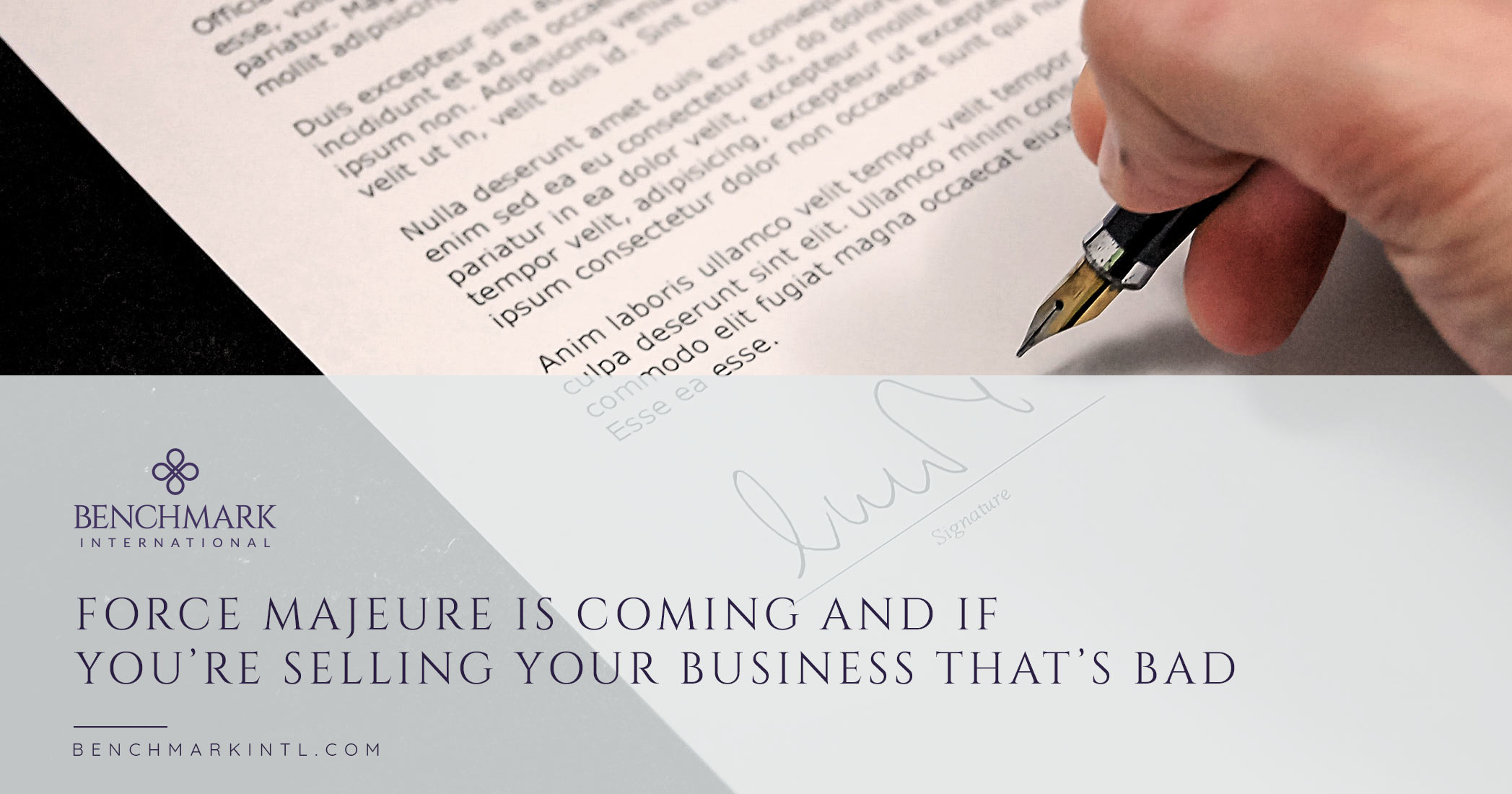Nick Hulme (Managing Director, Manchester UK) summarises his recent article, ‘7 Pointers from 30 Years’ Experience in the UK’, in this short blog.
1 - It’s Not Just About the Numbers!
Although the normal formula for valuing a company involves multiplying ‘earnings’ by a chosen ‘multiple’, a company is only worth what a buyer is prepared to pay for it.
The numbers are important, of course, but there may be more to the opportunity than the numbers show. Advisers need to take a ‘bird’s eye view’ and focus on those factors that will drive the highest value with the right buyer, not just on the numbers.
They should constantly focus their conversations and analyses on the opportunity, despite the maze of numbers that fly around.
2 – ‘Multiples’ are a Minefield
Desktop research, comparisons to quoted P/E ratios and the considered views of trusted advisers can create a myriad of distortions as to what might be the correct multiple for a company.
It’s easy to see how factors such as growth, a great management team, high margins and, nowadays, tech-enablement will not only deliver the best multiples but add to that the impact of both competitive tension and structure. Any first-time seller could quickly have their heading spinning.
Benchmark International’s Valuation Matrix is a great tool for showing clients a range of valuation scenarios based on different multiples and views of earnings. This is used to educate clients from the start, and to hand-hold them to making the right decisions when the time comes. It is normally updated throughout the process.
3 – There’s More to Earnings than Reported Profits
Getting a real understanding of underlying earnings will be far more important to any buyer than what’s recorded in the company’s annual accounts.
The term we use in the UK for a fair assessment of sustainable adjusted earnings is ‘Maintainable Earnings’. This will often take account of the adjustment of shareholder salaries to market rates and the elimination of true one-off costs.
Care needs to be taken when adding back depreciation. If there is a significant cash cost to a business of replacing its assets annually, a buyer will factor this cost into its assessment of maintainable earnings if adding-back depreciation.
The terms ‘Adjusted EBITDA’ (earnings before interest, tax, depreciation and amortisation) and ‘Historical EBITDA’ are often used interchangeably with Maintainable Earnings. I much prefer the latter as it’s a better reflection of the numbers and the story behind them, and is not laden with reference to the past.
4 – You Can’t Add the Value of Company Assets to the Valuation
If assets are truly ‘surplus’ to the company’s operations then perhaps they can be added to the valuation, but if they are fundamental to the company’s ability to generate its earnings, adding them to the valuation would be double counting. As would be attaching a value to ‘goodwill’. Buyers tend not to be too fond of this!
The most common ‘surplus asset’ we deal with in the UK is what we refer to as ‘free cash’, the opposite of which is debt. It’s much easier for clients to understand why ‘free cash’ can be added to the valuation than it is for them to understand why ‘debt’ needs to be deducted. There are a couple of easy ways to explain to clients in the article itself.
5 – Complex Deal Structures Can Cloud Valuations
A buyer can make what looks to be a great offer but understanding how the deal is structured - when and how the money is paid – makes all the difference.
The most common types of ‘structure’ in the UK are vendor loan (or defcon, where some of the consideration is paid over time), earn-out (where future payments are made depending on performance) and retained shareholdings (where the seller might keep a stake in the company or in its new owner).
‘Structure’ is generally used to bridge the gap between seller and buyer views of valuation and a buyer’s ability to fund a deal. It’s rare to see offers for companies that don’t include at least some element of structure, so issues such as buyer credit status, interest and security are key.
6 - Beware Valuations Based on Net Asset Value (NAV)
On rare occasions, particularly with companies where expensive assets are fundamental to their operations, the value of the company’s ‘net assets’ in the accounts is higher than a fair valuation derived using the normal formula. This can create an illusion of higher valuation for some clients, especially when some experts produce articles listing three, four or more ways of valuing a company.
This does not mean sellers can find the valuation basis that gives the highest valuation and expect to be able to market their company on that basis. Whatever the size of a company’s overall net assets value, its market value will almost always be more closely linked to earnings and cash flow than the size of its balance sheet. That’s not to say we don’t do deals based on net asset valuations plus ‘something for goodwill’, but they are rare.
7 – Clients Often Know Enough Already
Sellers will normally know enough about their own company to make an informed assessment of how their company might be valued in their market, so advisers should hone-in on these instincts.
Any questions, please read the full article here.
Author
Nick Hulme
Managing Director
Benchmark International
T: +44 (0) 161 359 4400
E: Hulme@benchmarkintl.com
READ MORE >>
 Benchmark International
Benchmark International  Benchmark International
Benchmark International 


